GCEd | Student initiatives
On this page you'll find all the GCEd related student initiatives. Do you have a project you want to spotlight? Please send an email to Annechien Deelman.
Running student initiatives | Past student initiatives | Other student projects/ideas
Running student initiatives
2022-2023
Redonate
Redonate started already as one of the first student initiatives supported through global citizen education and is entering now its 3rd year. It aims to eradicate poverty by providing microfinancing to individuals in the developing world. Initially focusing on malnutrition, the focus broadened over the years to help people build their business to get out of poverty and having a sustainable income, which not only helps them and their immediate family, but also the communities they live in.
Beside building up connections with other international NGOs who have already contacts into developing countries, the students are invested in raising funds in order to be able to provide the microloans through waffle sales and lotteries, in which they involve local businesses and students alike.
If you’d like to know more about Redonate or want to support them directly, please visit their website.
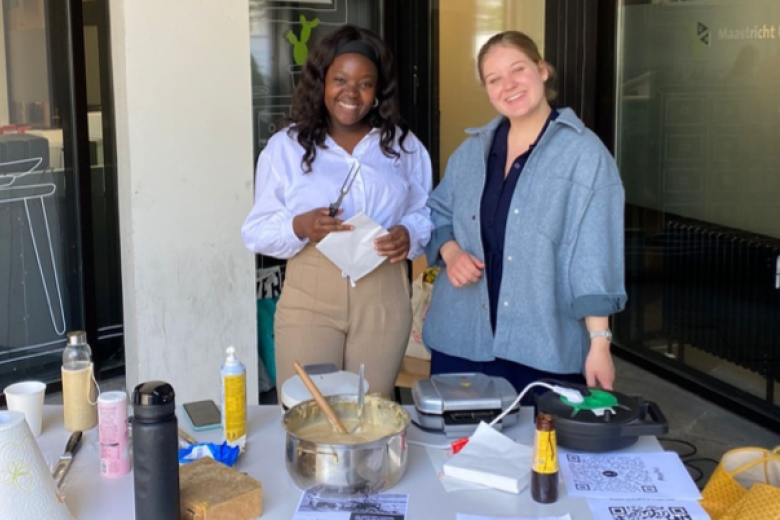
Building Diverse Education Profiles | Co-creation and the African story
This is another student initiative which is already running since 2021, where students in cooperation with AYTP (African Young Trade Professionals) build up a dialogue forum with key practitioners from the African continent, especially (but not exclusively) around topics regarding economics and sustainability. The goal is to bridge the knowledge gap between different cultures and societies and create empathy for different perspectives as well as synergies to work on a bigger picture. For the coming year the initiative is planning a podcast to bring more awareness for African issues to European students. To find out more about Building Diverse Education Profiles and any events planned from this initiatives, feel free to check out their website here.
UNU Critical Policy Lab
This student initiative started newly in the running academic year 2022-2023. UNU Critical Policy Lab aims to foster an environment for students and professionals interested in public policy and social change to critically reflect on current practices and approaches.
It provides students with spaces for critical dialogue and discussion in the form of a series of lectures, panels, debates, classes and hands-on workshops.
On Saturday, 3 June the lab held their first edition of the Critical Policy Conference in Maastricht successfully, inviting practitioners and students to come together and exchange on various topics related to decolonizing international development.
Guest speakers included Helen Wishart, Margit van Wessel, Shirleen Chin, Juliëtte Boughouf, Marta Popiołek, Isabelle Hommes, Cassie Robinson, & Chibuye Changwe
If you want to find out more about UNU Critical Policy Lab and their work in the academic year 2022/23, you can have a look at the activity report here.
You can also have a look at their website here: https://criticalpolicylab.nl/
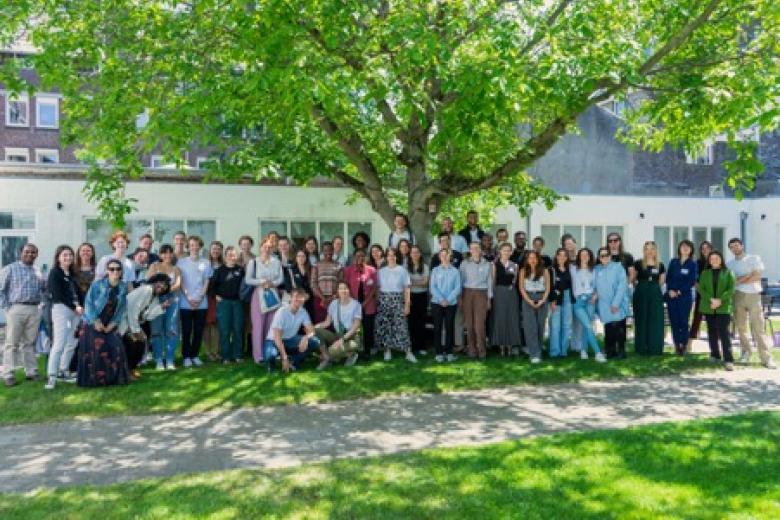
Course International Psychology and Climate Change
This course is a student-led and student-created elective at Faculty of Psychology and Neuroscience.
The climate crisis is an intersectional major challenge of contemporary society. In order to tackle it and mitigate its effects, transdisciplinary insights are required. At the same time, the already devastating consequences on (mental) health need to be recognised and dealt with. As human behaviour is at the root of these challenges, Psychology, the science of behaviour, gives important approaches.
To get an insight on how psychology and climate change are interrelated, this elective seeks first, to provide a basic understanding of climate change. At the same time, the two-way human-nature relationship gets explored. Thus, students will learn why humans cannot be seen independent of the environment and how cultural perspectives on nature differ.
Next, the focus lies on the role of psychology. Part of that are the consequences and anticipatory effects of climate change on mental health (e.g climate anxiety, trauma). Additionally, students will investigate findings about how both individual and social processes result in (un-)sustainable decisions and behaviours. And how these factors can be used to promote sustainable behaviour.
An essential goal of the elective is to apply the newly gained knowledge. Throughout the whole course of four weeks, students will develop a project in collaboration with other students. The project will deal with creating a strategy about a self-chosen aspect of climate change. Furthermore, self-reflection tasks will enhance the learning process throughout the course.
Past student initiatives
2021-2022
Interdisciplinary Social Justice
Under the framework of interdisciplinary social justice, students aimed to create an extracurricular course on interdisciplinary social justice, which ran successfully in November 2020.
2020-2021
The Hackathon
The Hackathon was a student initiative focusing on raising awareness for tuberculosis and make tuberculosis drugs more available and affordable for those in need. It took place on 14-15 November 2020 in which young talents brainstorm in multidisciplinary teams, creating new ideas and solutions to the problem presented.In the end they pitched them to a jury of experts who were judging the ideas on creativity and feasibility to tackle the problem. The Hackathon included also workshops on how to pitch, yoga for creativity and rewards for best ideas.
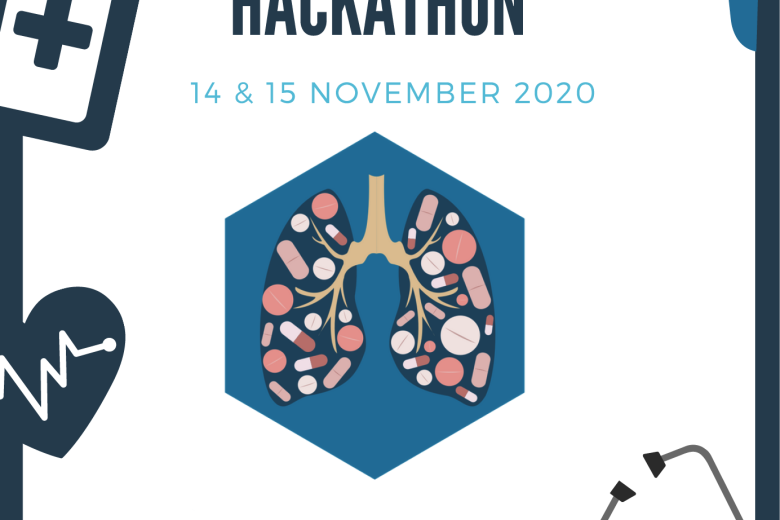
Study Connect
In this project, students noticed that a particular rule of minimum 56 working hours per month for students from other EU countries than the Netherlands as a pre-requirement to receive financial support, was actually contradicting EU law. Through questionnaires with UM students as well as cooperation with student unions and other stakeholder, this initiative raised awareness on the matter and supported students to take next steps in order to receive study financing.
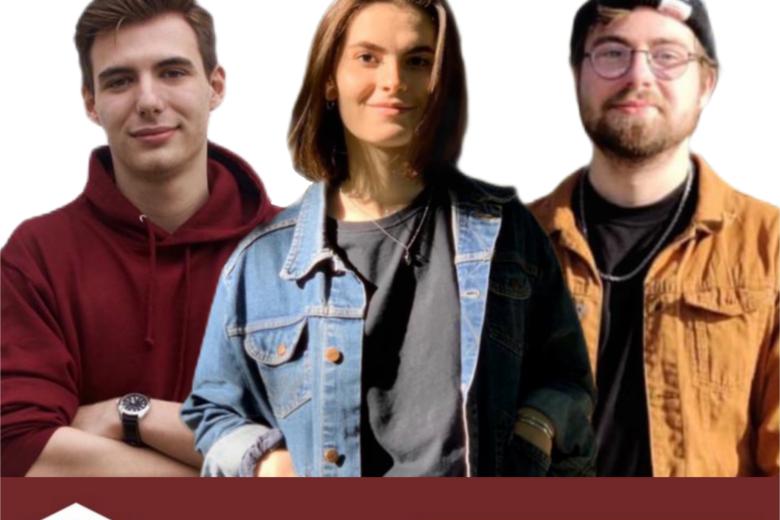
Young Global Thinkers
This student initiative aimed to build up an online community in order to connect and empower young people around the globe. Through organising educational events, for example on political participation, discussion forums and cultural nights, the initiative build up not only a multicultural team but also event management skills. The initiative is still successfully running outside of the funding of GCEd.
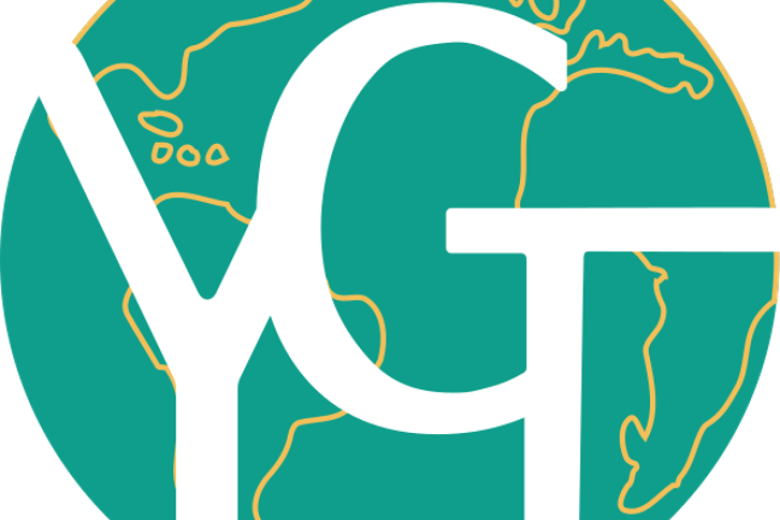
Gate to the World
In this more local project students developed a set of hands-on workshops oriented towards Global Citizenship Education for Porta Mosana, a bilingual secondary school in Maastricht.
Other student projects/ideas
Complex Cognition | bachelor Psychology
In a global world, the ability to collaborate as part of an international team is a key employability skill for students. As part of the course Complex Cognition during BSc Psychology at Maastricht University, students from Maastricht worked together with students from Padjadjaran University, Indonesia, in developing teaching and learning activities for children or students that address one or more of the Inner Developmental Goals (IDG framework).
Broadcasting a variety of addressed IDGs and target groups some of the best examples of these learning activities are summarised in this presentation.